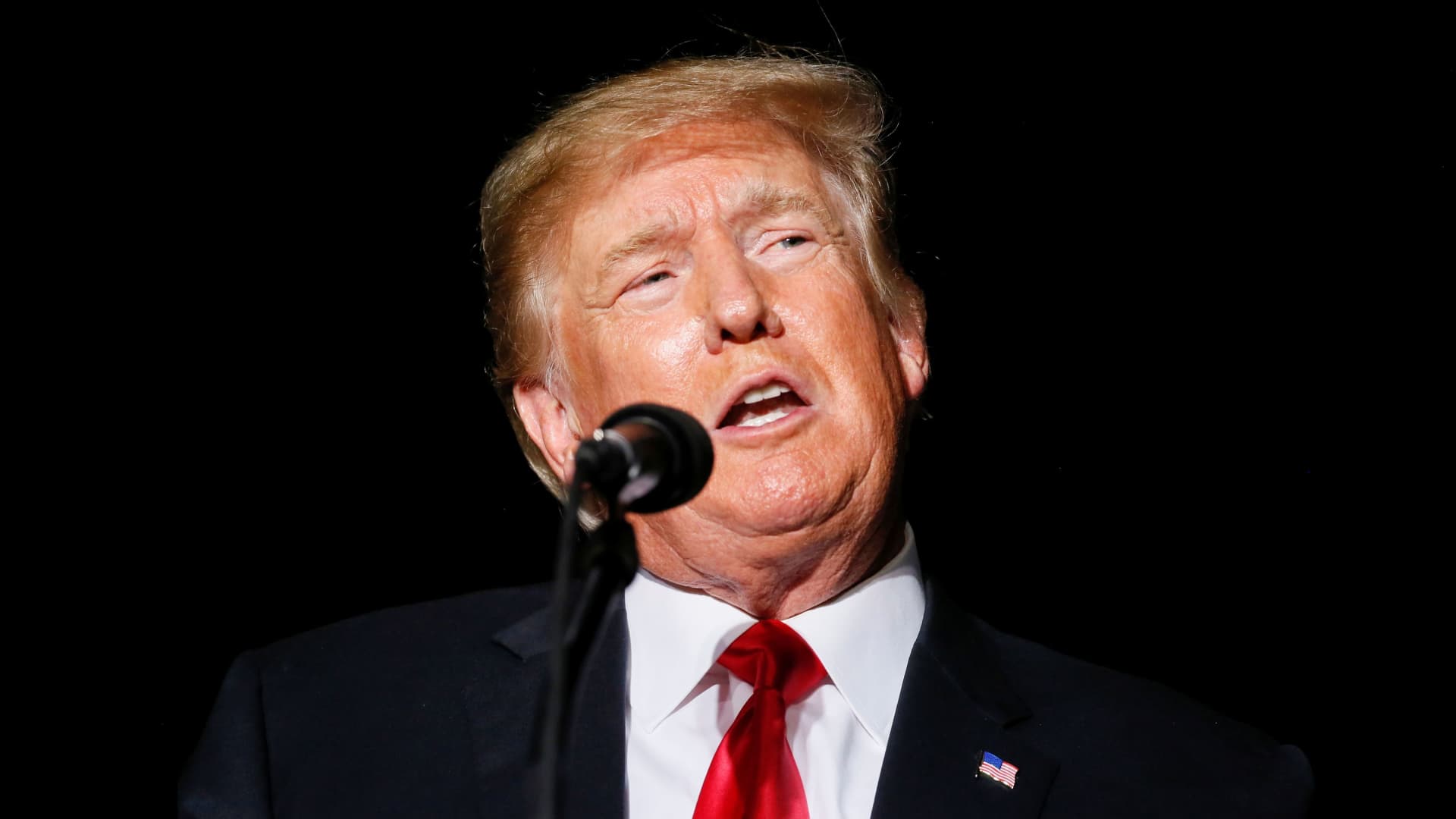Senate Judiciary Democrats underwhelmed by Supreme Court chief Roberts' ethics response
The Supreme Court faces scrutiny after Justice Clarence Thomas failed to disclose luxury trips gifted to him by GOP billionaire Harlan Crow.

U.S. Supreme Court Chief Justice John Roberts waits for U.S. President Donald Trump's State of the Union address to a joint session of the U.S. Congress in the House Chamber of the U.S. Capitol in Washington, U.S. February 4, 2020.
Leah Millis | Reuters
Supreme Court Chief Justice John Roberts in a letter Monday answered additional questions about ethics on the high court — but the Democratic leadership of the Senate Judiciary Committee was less than impressed with his response.
Roberts' answers "further highlight the need for meaningful Supreme Court ethics reform, which the Committee will discuss at our hearing tomorrow," the Democratic-led Judiciary Committee said in a Twitter post.
In the letter, Roberts revealed that the Supreme Court's nine justices last Tuesday subscribed to a recently updated "Statement on Ethics Principles and Practices."
That came after news articles revealing Justice Clarence Thomas had for more than two decades failed to disclose luxurious vacations gifted to him and his wife by Republican billionaire Harlan Crow, whose company also purchased Georgia property belonging to Thomas and his relatives.
Thomas, whose mother continues to live on one of those properties as a tenant to Crow's company, likewise did not publicly disclose the purchase before ProPublica revealed it.
The revelations come as the Supreme Court is experiencing historically low levels of public approval.
The Judiciary Committee is eyeing how to improve ethics on the court.
The committee's chair, Sen. Dick Durbin, D-Ill., on April 20 invited Roberts to testify Tuesday before the panel about ethics reform on the court.
Roberts declined the invitation, writing to Durbin that his appearance before the committee could harm the independence of the judiciary, which with Congress form two of the three branches of the federal government.
Roberts' response included a statement of ethics principles and practices "to which all of the current Members of the Supreme Court subscribe."
The Supreme Court, unlike lower federal courts, is not bound by a mandatory code of conduct.
After Roberts declined to appear for the hearing, Durbin sent him another letter that said the "statement of principles raises more questions than it resolves."
Durbin's letter asked Roberts several questions, including whether justices receive guidance on which authorities to consult on ethical questions, whether justices face any consequences for omissions in their financial disclosure reports, and whether there is a process for the public to file complaints against justices for failing to abide by the statement.
In his response Monday, Roberts wrote that "as with any issue that may require research, Justices consult a wide variety of guidance on ethics issues," and then offered a laundry list of sources for such guidance, among them "statutes, judicial opinions ... and historical practice, among other sources."
Roberts wrote that in the past, the Judicial Conference Committee on Financial Disclosure inquired about justices' disclosures, which in some cases ended with no further action, and in others that resulted in justices choosing to or being advised to file an amended disclosure report.
"I am not aware of any instance in which a Justice and the Committee failed to resolve any issues that led to an inquiry," the chief justice wrote.
"And, given the history of resolving such issues, I am not aware of penalties that have been imposed on Justices for failure to abide by such principles or practices recited in the statement," he wrote.
Roberts in his letter did not answer whether there is a process for a member of the public to file a complaint against the justices for failing to abide by the statement of principles.

 JimMin
JimMin 
































